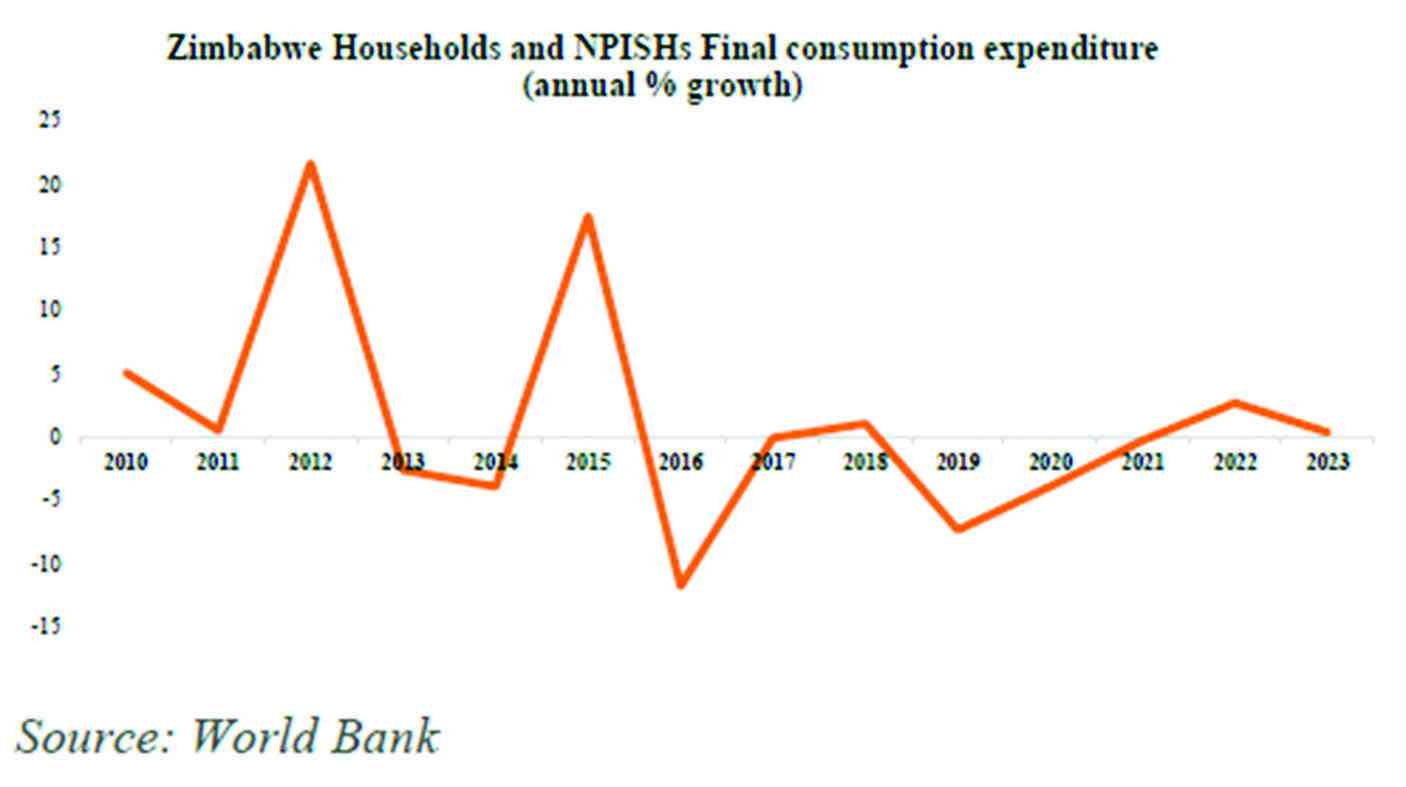
On Thursday, the 23rd of March, the global news channel, Al Jazeera, released a documentary which essentially marked all gold being exported by Zimbabwe as being exported by a group of people who qualify to be a mafia or an organised crime ring.
The documentary went on to presume that there is active money laundering ongoing within Zimbabwe to the tune of billions of value in US dollar terms.
This production has caused what seems to be an uproar of objections, locally, amongst certain groups of the society whilst on the other hand, there are voices standing firm in the defence of the same Zimbabwean gold exports, indicating that the outcry is rather hyperbolic and needs to be addressed with factual information to correct the several misconceptions and false information which was indicated in the documentary.
It is on this basis, that the writer takes on the same matter in order to reveal whether the documentary was impartial, ethical and fair or the objections against it are justified.
It is therefore incumbent to describe issues such as the background of changes to gold exports in Zimbabwe in the past few years, the ethical standards of the documentary and the possibility of the documentary being an attack on gold itself as a means to protect Western economies, which are currently vulnerable and view gold as a competitor and one to possibly subvert their current economic systems.
It is vital to understand that Zimbabwe was suspended from the London Bullion Market Association, in the year 2008. This market provided an avenue for the country's gold exports to be sold formally and under the standard gold export procedures.
The reason for the suspension was invoked by the country's failure to meet the minimum threshold of 10 tonnes gold production per year, which is a requirement needed in order to trade on that market. Nevertheless, by 2011, the country had fully met and exceeded the production requirement of that market but it was still excluded from trading there.
It is noteworthy to proceed by stating that people objecting to the documentary invoked this line of defence, outlining that because of sanctions against the country, it will prove difficult to re-join such international markets. Sanctions include exclusionary methods as a tool to work against the sanctioned country, even though it might satisfy all technical requirements to operate within such an international market.
- Gold deliveries to hit 40t
- Govt frets over graft exposé
- Al Jazeera postpones premiere of Zim corruption documentary
- Stir The Pot: Al Jazeera changes 2023 election narrative
Keep Reading
Therefore, it becomes odd that the Al Jazeera documentary did not go to the root of what seems to be a gold smuggling problem by avoiding to address Zimbabwe's suspension from the London Bullion Market, which continues even for over 10 years after the country has managed to satisfy the requirements to operate on that market.
Economic theory clearly suggests that an unavailability of the formal market for participants to legally trade their commodities, will result in the creation of what is termed a grey market or a black market.
These alternative markets are deemed illegal and are sometimes the only available avenue for participants to trade their goods. Therefore, the jury is out, on whether the country should have suffered losses by being excluded from a huge international market or alternatives had to evolve which would lead the country to earn foreign currency and continue trading in its strategic resource.
The fact that Al Jazeera did not shed light on these foundational and imperative issues, shows what seems to be unbalanced or unfair reporting on their side. It is unreasonable to describe the current state of gold exports from Zimbabwe, without giving reference to these essential matters.
This is because it will provide the wrong impression that gold exports from Zimbabwe are being handled by a criminal syndicate who appeared from an unknown historical context, in order to simply enrich themselves using criminal methods.
After watching the first episode of the documentary, it is clear that there was no substantive storyline to prove that money laundering is occurring in Zimbabwe, save for some anecdotal descriptions made by a few people that were interviewed.
To be frank, even Ambassador Uebert Angel, did not approach anyone seeking to launder money. It is, in fact, most unfortunate that the reporters from Al Jazeera are the ones who made a proposition to launder money, which was a creation of themselves.
Thus, at the end of the argument on that interaction, it is imperative to consider who should take the responsibility for the outcry on laundering, whether it is the ambassador or the reporters who intimated on that issue.
Knowing that it is the reporters who initiated discussions on such an issue, can take the burden from the ambassador to rest it on the authors of that criminal matter.
The ambasador has no criminal history and it may appear unfair to find him liable for input into a criminal discusson which he did not initiate but was initiated by the reporters.
Questions of ethical reporting may also be raised if journalists uphold this method of luring people into illegal activities only for them to insinuate that their bait is a criminal.
Thus, if the documentary fails to pass the balanced reporting and ethics test, it may be important to figure out why the reporters went on what appears to be an excursion against Zimbabwe and also against gold as a resource.
In economics, it is understood that sentiment holds tangible influence on the value of a resource. Thereby, positive sentiment which may be a result of media reports, can assist to strengthen the value of a currency or even the ultimate, which is the growth of an economy.
Reporting on economic matters, resultantly, becomes the reason behind positive or negative sentiment.
The Al Jazeera documentary appears to create negative sentiment against Zimbabwean gold exports. Moreover, it seems to work towards a narrative which leads to global economic participants to perceive gold below their current positive outlook on the precious metal.
The report shows what seems to be a supply chain of gold which involves clandestine methods that may require buyers of the metal to continually confirm the source of their gold and be stricter on how they make gold purchases.
Naturally, this can taper down the demand of gold if the narrative appearing in the documentary is grown and pursued through other means by, for example, finding fault with gold exports from other countries such as DRC, Tanzania, and so forth.
The important question to ask thus far is- why would there be a narrative against gold at this time and what could be the motivation behind it?
To answer that question, it is necessary to outline that gold and Western currencies typically have an inverse relationship in their prices. When gold prices firm, it is expected for the USD dollar to lose some of its strength, as gold is an alternative investment haven when Western currencies areperforming miserably. The current state of global economic affairs point to a firming of gold prices and a most vulnerable US dollar.
The reason for the vulnerability of the US dollar is mainly rooted in the USA's trade and military conflict against other notable economic and military territories such as Russia, China, Iran, etc. The USA has been invoking trade and financial sanctions against its communist and authoritarian rivals to the extent that the same rivals have resorted to developing alternatives to the US dollar in order to facilitate the sustenance of their economies.
After proposing to develop what seem to be workable alternatives to the US dollar, the dollar is now more vulnerable and gold being a worthy traditional alternative, is having price growth and may be set to be much stronger in its value even to record levels.
It is therefore not an exaggeration to expect objectioners to suspect unethical reporters and various media platforms of creating negative sentiment against gold, which is the traditional competitor to Western fiat currencies.
Due to the ongoing global political tensions and loss of Integrity of the US dollar, Central banks across the world are buying gold at record levels, since 1950, according to the World Gold Council. Most purchasers of this resource are central banks in emerging markets.
Total gold demand by bankers, industry, investors and consumers is also at its global peak in more than 10 years. The growth in demand leads to a growth in gold prices which as stated before, have an inverse relationship with Western fiat currencies.
In order to curtail such growth, a campaign to create negative narratives and sentiment about gold, might be one of the few lines of defence against these threatened currencies.
Russia and Iran are also working on a gold backed crypto currency which should provide an avenue for the 2 countries to trade and participate in international finance without having to go through the dollar denominated SWIFT from which they were barred due to United States sanctions against them.
The benefits of this gold backed currency, called Stablecoin, is that it can be used to make purchases and sales without revealing the location of a purchaser of goods, who may be in sanctioned Russia or Iran. Therefore, the case of firmer gold prices is assured by such innovations, which also imply a weaker US dollar and the same for other Western fiat currencies.
Recent developments in the oil market also indicate a bleak future for the dollar, initially gradually, then ultimately, substantially. Such expectations can drive up gold prices even further, whilst the fiat currencies of Western nations tumble. Historically, oil is purchased in USD dollars and that has had a huge effect on keeping up the global demand and value of the US dollar.
Although, recently, India, an emerging market economy, which is expected to be the second largest economy in the next three decades, is now making purchases of oil from Russia and settling their payments in the Indian Rupee currency. Before, purchases were largely made in US dollars and Russia also accepted US dollar payments. This current situation implies marginally less demand for the US dollar on the global market.
Russia has also intimated that it will accept payments for its oil in the Chinese Yuan currency. The reverse of this status of the dollar in the oil market will result in a weaker US dollar and of course firmer gold prices as gold is the natural competitor of the dollar on the global stage.
To make matters more grim for the US dollar, Saudi Arabia, the world's largest oil producer, have intimated that they may soon be open to getting payments for their oil products in other currencies, including the Chinese Yuan. Some impeccable analysts claim that, if that were to happen, that would be the beginning of the substantive demise of the US dollar and their economy.
The case is made for firmer gold prices and only impediments such as negative sentiment can be used to make an attempt towards dumbing down the expected upward rally, compared to weaker Western currencies.
It is on these grounds that it is indispensable to use this relevant context to evaluate whether the Al Jazeera "goldmafia" documentary is meant on serving a purely journalistic purpose or is an attempt at creating negative sentiment around Zimbabwe which has not been able to participate on some reputable international gold markets and around gold as a suitable investment haven compared to Western fiat currencies.
Nevertheless, it is advisable for the local bureaucracy to continue making efforts to rejoin the formal international gold markets. This will allow collection of levies and taxes on gold to be more straightforward and easier to administer.
The country may possibly make in excess of USD $100 million per year, if such fees are easier to account for. Fidelity printers, being a government run institution, may have a few knots to untie in terms of agility and innovativeness with regards to market responses both globally and locally but the sooner they attend to such discrepancies, the better it is for the country's revenue collection and economic growth
. It is also vital to state that any slowing down or cessation of trade in gold, even with regards the status quo, can cause a drop in foreign currency availability within the country. That can initiate a stark depreciation of the local RTGS and shortages of essential imports such as fuel in the local economy.
- Tutani is a political economy analyst based in Harare, Zimbabwe











